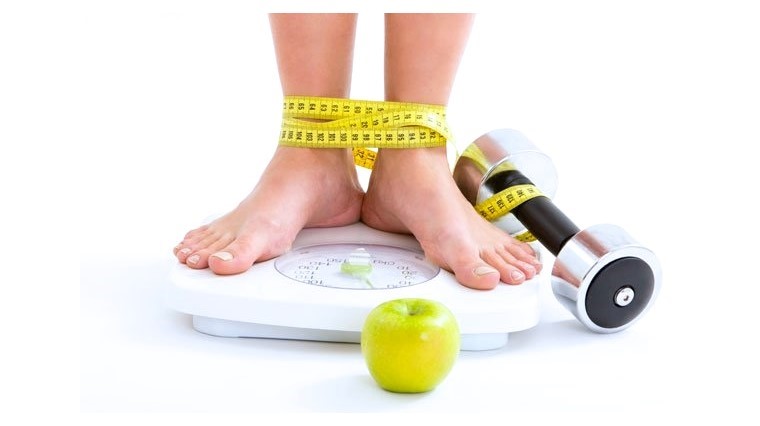The Scientific Reasons Your Diet Is Plateauing

When it comes to shedding those unwanted kilos, nothing is more rewarding than watching the numbers drop on the scale. While it should not be the main area of focus, truth be told, we all place a lot of emphasis on seeing visible results.
But as the story goes, after the first few kilograms all but melt away, we start to plateau in our weight loss journey. While it may be easy to blame it on a convenient scientific reason, the truth is we are simply starting to make mistakes. Here are the 3 very real reasons you are not shedding the weight as quickly.
You’ve gotten complacent with your fuel
As the kilos start to drop, we tend to become a little more complacent with our diets. All the excuses are there for the taking after all. That extended gym session calls for extra carbs, that weekend treat is well earned and that extra salad is fine because it’s healthy.
Keep yourself accountable by keeping a food log. If reflected on every few days, you will start to notice a pattern and will see where all the extra calories are coming from. A food log will also help you recognise portion sizes, as we know that healthy does not always equate to low in calories. If weight loss is the end goal, what you put in must be less than what you put out.
You have become too comfortable at the gym
Ensure you mix it up at the gym. If you have become comfortable with a certain set of repetitions, chances are you are no longer pushing yourself as much as you should be and your muscles are no longer getting the workout required. As a general rule, you should be switching up your routine every 2 -4 weeks. Break the plateau by introducing more High-Intensity Interval Training (HIIT).
Studies show that by introducing just two 15-minute sessions a week you are set to burn more calories than walking for an hour. HIIT is defined by an exertion of 79% - 85% of your maximum heart rate and typically involves a minute of high exertion exercise followed by 2-3 minutes of low-intensity exercise. Why not swap your hour walk with a 15-minute HITT session? Try running for a minute at full speed, followed by a 2-minute jog. Repeat this 5 times and you will be set.
You’re not sleeping enough
Research published by the University of Chicago General Clinical Resources Centre found a direct correlation between sleep and weight loss with the study finding that dieters who slept for less than 6 hours per night experienced significantly less weight loss than those who slept more than 8 hours.
In fact, the study found that a lack of sleep decreased weight loss by as much as 55%. This is because our bodies naturally crave sugar and carbohydrates to compensate for a lack of energy.
Lack of sleep has also been directly linked with hunger hormones - yes there is such a thing. These hormones are ghrelin and leptin and are directly responsible for how much and how often we eat.
The hormone ghrelin signals the brain to let it know when it’s time to eat while the hormone leptin lets you know when you are getting full. A lack of sleep produces an extra release of ghrelin, signalling the brain it’s time for food, while it causes the production of leptin to plummet. The end result is a recipe for overeating.
